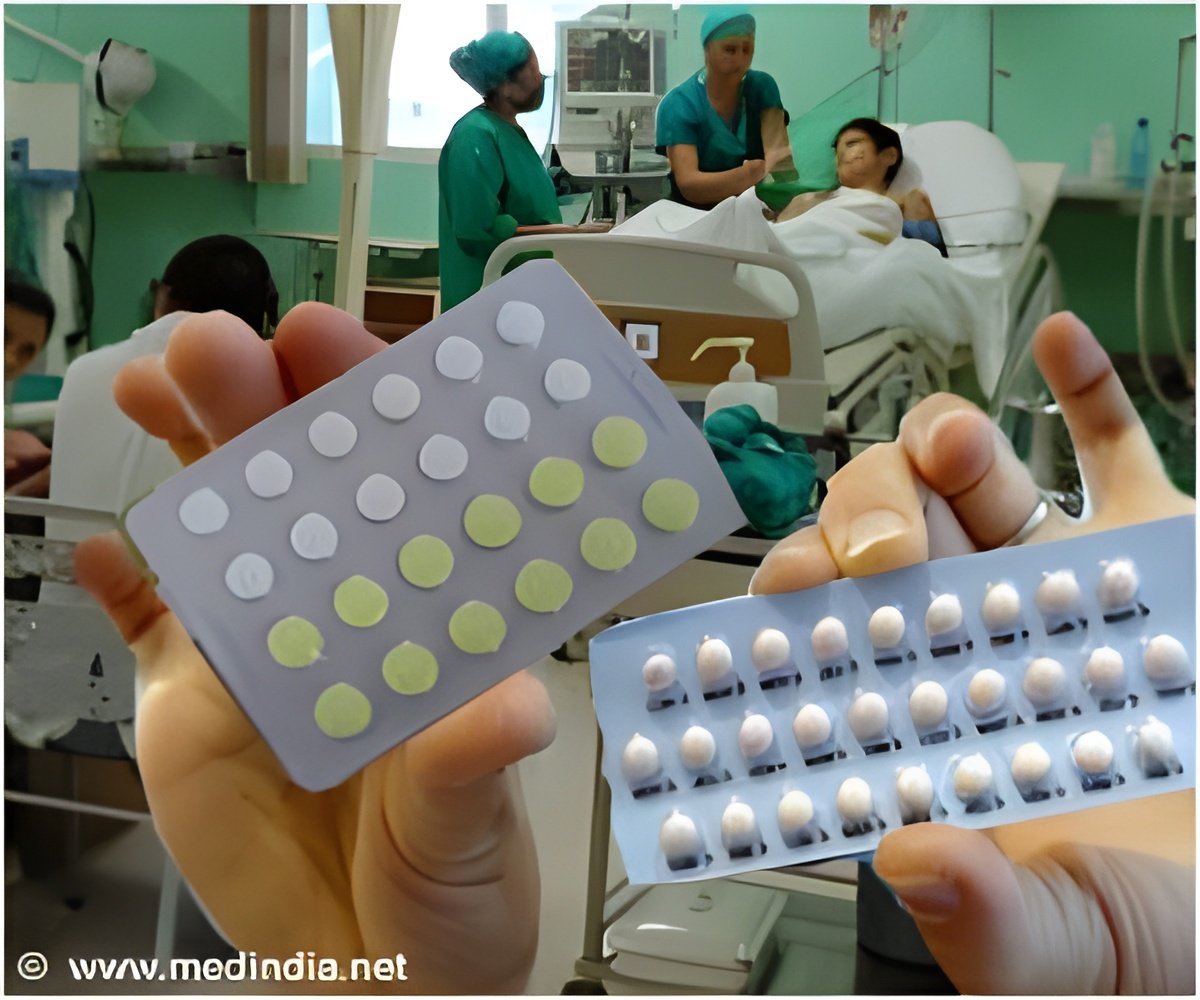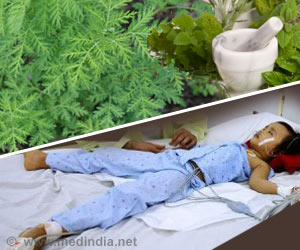The current malarial treatments are based on artemisinin with lumefantrine. But there were recent reports of increased resistance of parasites to artemisinin.

‘Malaria affects millions of people across the world and still scientists are working on effective treatments to combat the disease. Eisai also aims to fulfill this dream by creating novel antimalarial compounds to prevent its transmission.’





Most of the current malarial treatments are based on the rapidly-acting artemisinin with lumefantrine. But there were recent reports of increased resistance of malarial parasites to artemisinin. Therefore, scientists are focusing to develop a Single Exposure Radical Cure and Prophylaxis (SERCaP), a single dose drug that would cure patients after one exposure and provide substantial post-treatment protection from relapse as well as block transmission to mosquitoes.Eisai’s first agreement is a joint development program with the Liverpool School of Tropical Medicine (Location: Liverpool, U.K.) and the University of Liverpool (Location: Liverpool, U.K.). These three jointly focus on conducting preclinical trials of a compound called E209, which showed increased efficacy against artemisinin- resistant malarial parasites.
The second agreement is a joint development program with the non-profit public-private product development partnership Medicines for Malaria Venture (MMV). Eisai and MMV aim to ultimately identify antimalarial candidate compounds with novel mechanisms of action that will be effective against malaria parasites resistant to existing treatments, as well as prevent relapse and block transmission to mosquitoes. This involves the optimization of compounds developed by Eisai that inhibit the biosynthesis of glycosylphosphatidylinositol (GPI) necessary for the growth of malaria parasites.
Therefore, Global Health Innovative Technology Fund (GHIT Fund) has awarded each of these unique projects a grant after reviewing them. Eisai is also actively engaged in several other research collaborations with Brazil's national research agency Fundacao Oswaldo Cruz, St. Jude's Children's Research Hospital / MMV, and the Broad Institute to discover and develop new medicines for the treatment of malaria.
Source-Medindia











